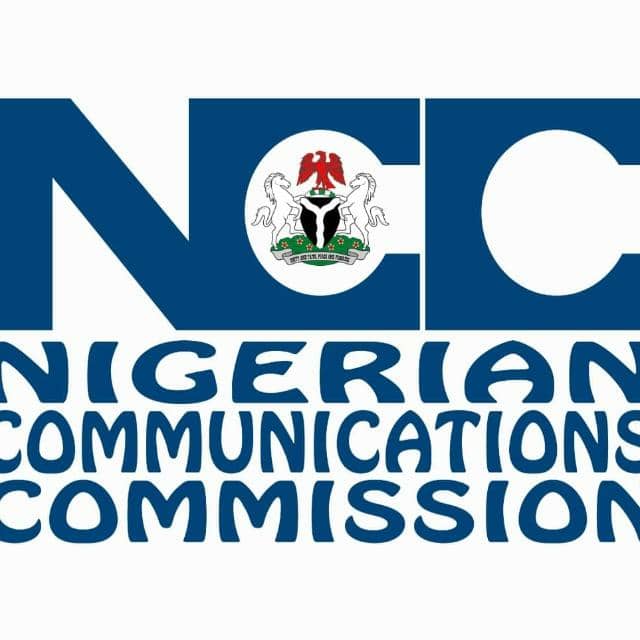
NCC logo
Nigeria Reviews Telecoms Policy to Attract Investment, Improve Service
. As NCC Ends 5% Excise Duty, Plans Real-Time Network Performance Map
The Federal Government has initiated a major review of the nation’s telecommunications policies, aiming to modernize the sector, attract foreign investment, and improve service quality for consumers.
Driven by the Minister of Communications, Innovation and Digital Economy, Dr. Bosun Tijani, this comprehensive update to the 2003 Act is designed to address current industry challenges, embrace new technologies, and provide a predictable framework for future growth.
The Executive Vice Chairman of the Nigerian Communications Commission (NCC), Dr. Aminu Wada Maida, announced the review during a media engagement in Abuja.
He stated it is essential to align all stakeholders—government, consumers, and operators—on key issues like regulation, service quality, and investment.
The NCC boss confirmed that President Bola Tinubu has officially abolished the previously suspended 5% excise duty on the telecom sector. Value Added Tax (VAT) remains at 7.5%.
Citing a KPMG study commissioned by the NCC, Maida clarified that service providers are not responsible for rapid data depletion. The primary causes are the type of phone devices used and data-hungry applications.
According to him, by September, the NCC will launch a public map showing real-time network performance metrics (like download speeds) for all providers, empowering consumers to make informed choices.
Also, new quality-of-service guidelines will now hold infrastructure companies (TACOs) accountable, not just mobile networks.
Maida highlighted significant progress under his leadership, including: strong subscriber growth, with Nigeria’s 171 million mobile phone lines, 141 million internet, and 105 million broadband subscribers.
He also identified the successful resolution of the long-standing USSD debt issue, the introduction of data simplification policies to help consumers manage usage, launch of corporate governance guidelines to foster transparent, well-run, and competitive companies.
The NCC EVC outlined steps taken to tackle top consumer issues to include quality of service (QoS) with the revised guidelines with bi-weekly reviews and mandated network improvement plans from operators; and joint NCC-Central Bank task force has created a new framework to standardize and secure electronic recharge processes.
Also, NCC Directors Freda Bruce-Bennett (Consumer Affairs) and Nnenna Ukoha (Public Affairs) emphasized the Commission’s commitment to consumer education and a strong, collaborative relationship with the media, whom they described as “critical stakeholders.”
To conserve data, subscribers are advised to turn off autoplay on social media apps and restrict background data for applications.
